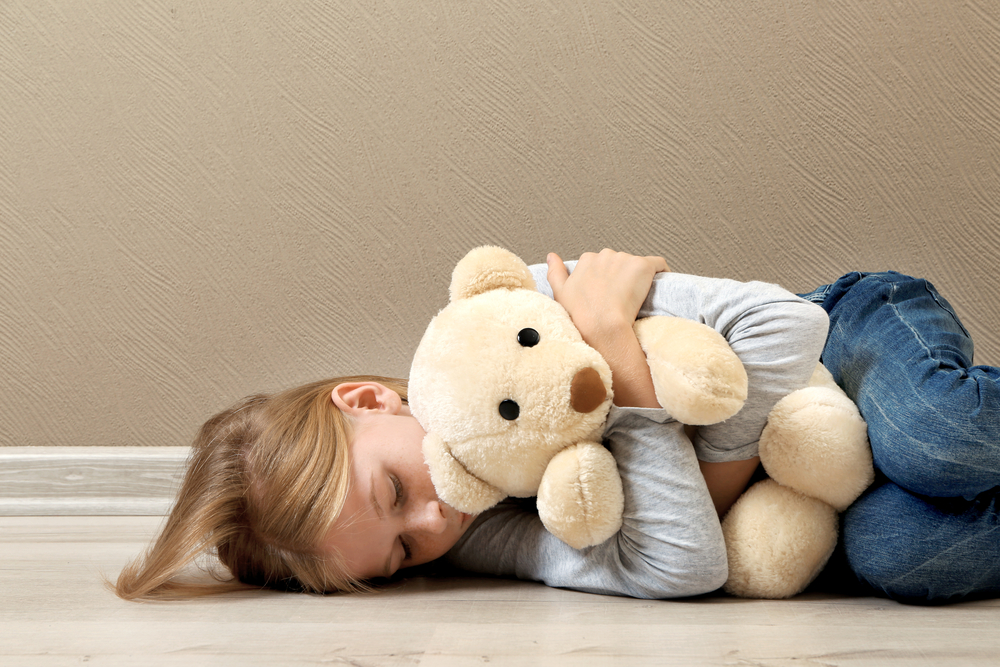Childhood depression is a serious psychological health issue that causes a feeling of sadness and loss of enthusiasm for activities. It influences how your child considers things, feels and carries on, and it can cause emotional, functional and physical issues. In spite of the fact that depression can happen throughout everyday life, symptoms may vary among children and adults.
Child depression isn’t a shortcoming or something that can be overwhelmed with self-control. It can have serious outcomes and requires long-term treatment. As for children, manifestations ease with treatment, for example, medicines and psychological counseling


